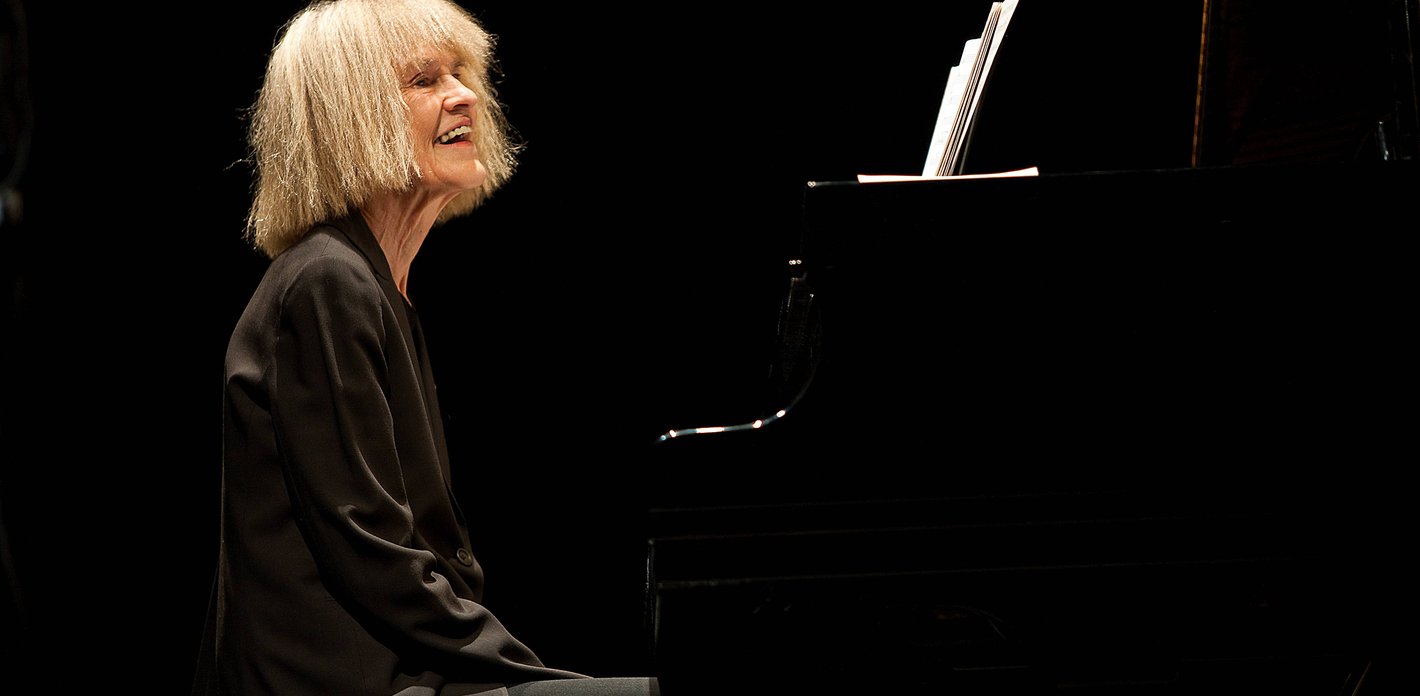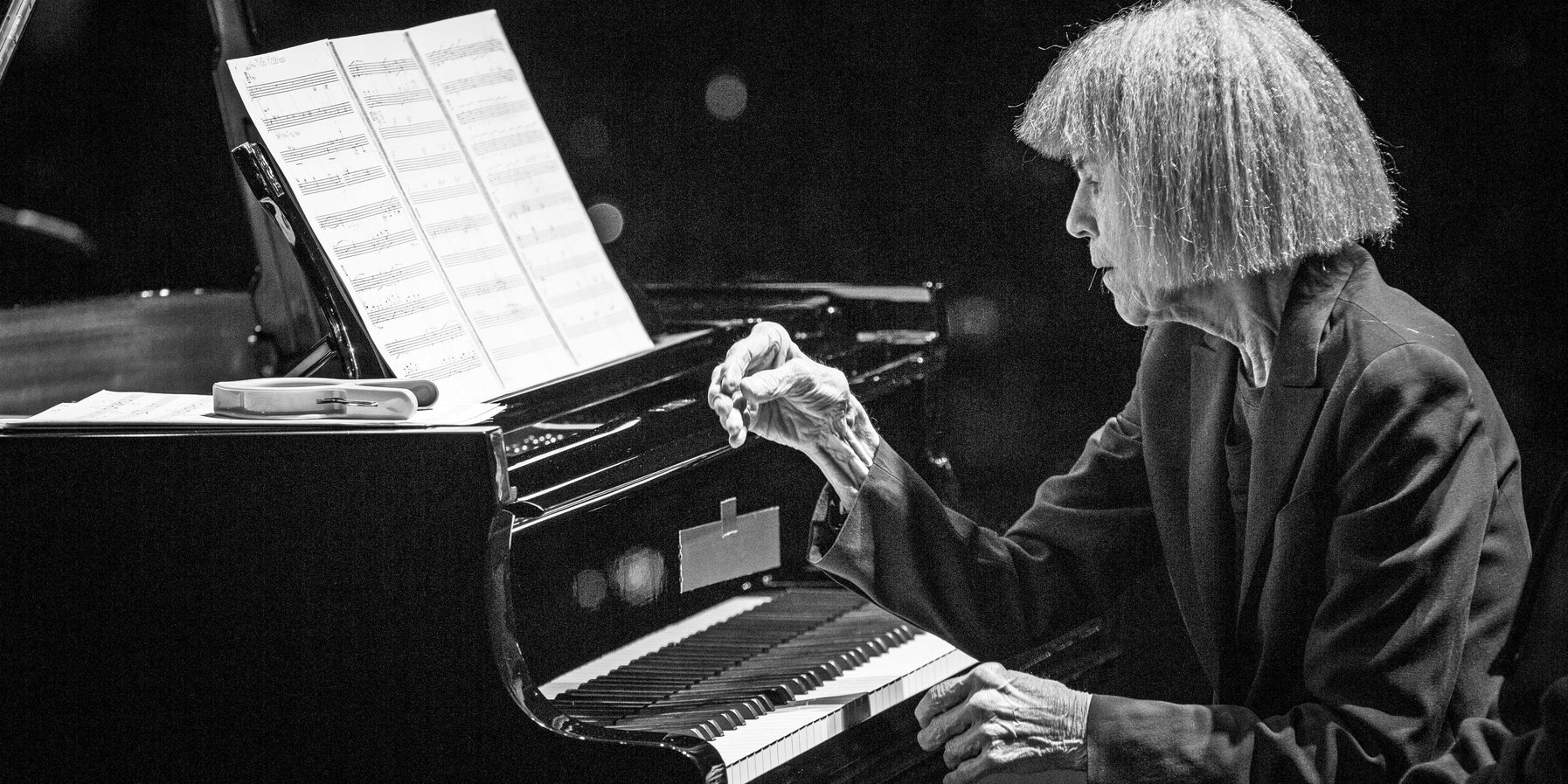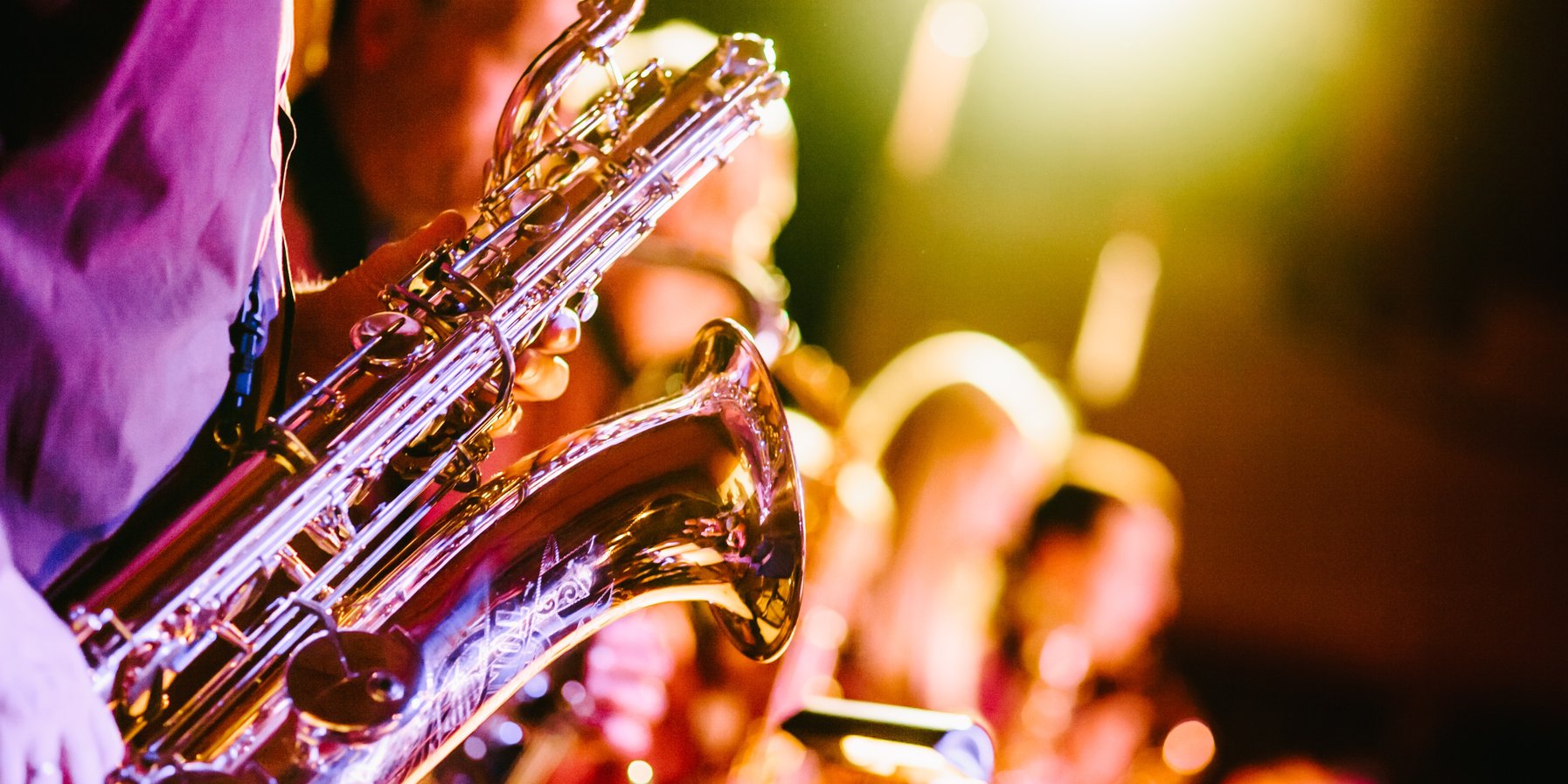Carla Bley is one from the most original figures in contemporary jazz. Now over 80 years of age, the composer and pianist has created a huge body of works and arrangements for the most influential jazz musicians from the 1960s to the present day. She has led every kind of formation, often from the piano, from trios through sextets to big bands. Critics call her music intelligent, hypermodern and free of stylistic constraints. For all this, Carla Bley herself declares, »I don't have the slightest understanding of music.«

1
Journalist Wolfgang Sandner calls you, »The most monstrous chameleon jazz knows.« Do you also see yourself as a kind of (musical) chameleon?
I’m a composer. One way to look at composing is to see it as a service to the community of performers, and in this context a malleable identity is a virtue. On the other hand, my best friend Steve Swallow sometimes complains that I am stubborn and inflexible.
2
You have not only composed for yourself, but also for others: Jimmy Giuffre, George Russell, Art Farmer, Gary Burton, Charlie Haden...
I’ve been fortunate that my music has found its way to a few remarkable performers, including those you’ve listed. A good piece of music needs a sympathetic player to give it life.
Carla Bley Trio (Jarasum Jazz Festival 2018)
3
Your father was a church musician and you grew up with church songs. How much did these musical beginnings influence you?
Although I have spent my adult life trying to leave my early experiences of the church, musical and otherwise, behind, I have failed to do so. I must acknowledge, too, that some of the church music I encountered as a small child is extremely powerful. When I was 13 or 14 years old, the brother of my best friend Sylvia introduced me to a recording by Lionel Hampton. It spoke to me immediately and, it turns out, indelibly.
4
Later, you worked as a cigarette girl at the legendary New York jazz club Birdland where you also met famous free jazz pianist Paul Bley, whom you married. What was your impression of him back then – and how did you make the leap to the stage?
Paul Bley played extremely well, which was remarkable given that he never practiced. He made me resume playing piano in public, to help pay our rent. But my earliest onstage experiences occurred when I was a young teenager, before I worked at Birdland. I played solo cocktail piano in bars in Berklee and Monterey, California, and also accompanied a folk singer for a short while.
5
At the Elbphilharmonie, you perform with Steve Swallow and Andy Sheppard – a trio formation that has existed for over 25 years. Has your collaboration changed over time? And are there any rules when you play together?
I think our trio has grown into its identity over time. In a sense we haven’t changed at all, we’ve simply learned how to express ourselves with our own voice. Our playing has grown freer, as we’ve developed greater trust in each other.
And our rules: no smoking, no spitting, no swearing, always keep your clothes on.

Interview: Laura Etspüler, last updated: 12 Aug 2019







